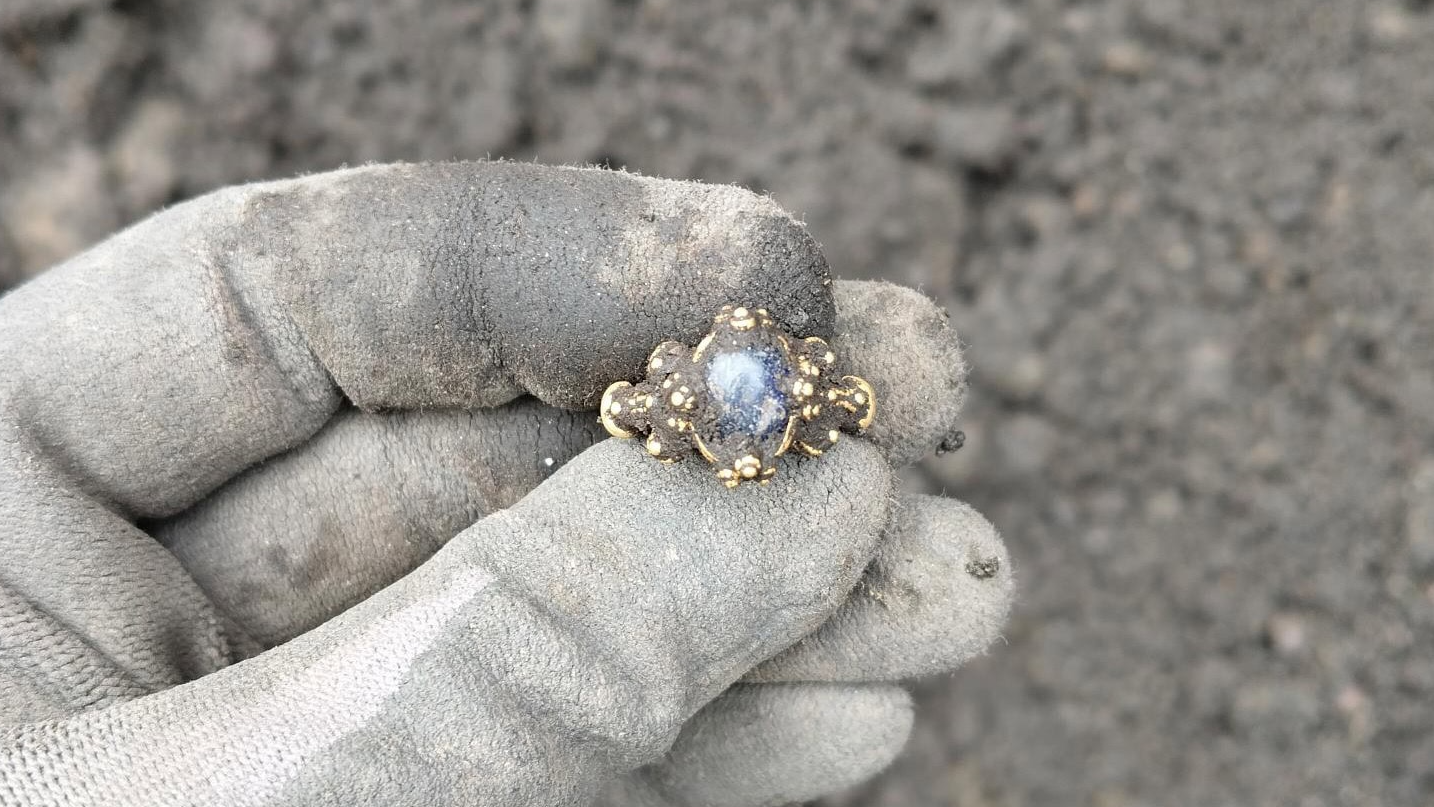
Get the world’s most fascinating discoveries delivered straight to your inbox.
You are now subscribed
Your newsletter sign-up was successful
Want to add more newsletters?

Delivered Daily
Daily Newsletter
Sign up for the latest discoveries, groundbreaking research and fascinating breakthroughs that impact you and the wider world direct to your inbox.

Once a week
Life's Little Mysteries
Feed your curiosity with an exclusive mystery every week, solved with science and delivered direct to your inbox before it's seen anywhere else.

Once a week
How It Works
Sign up to our free science & technology newsletter for your weekly fix of fascinating articles, quick quizzes, amazing images, and more

Delivered daily
Space.com Newsletter
Breaking space news, the latest updates on rocket launches, skywatching events and more!

Once a month
Watch This Space
Sign up to our monthly entertainment newsletter to keep up with all our coverage of the latest sci-fi and space movies, tv shows, games and books.

Once a week
Night Sky This Week
Discover this week's must-see night sky events, moon phases, and stunning astrophotos. Sign up for our skywatching newsletter and explore the universe with us!
Join the club
Get full access to premium articles, exclusive features and a growing list of member rewards.
A private Mars colony project will do its best to avoid disturbing potential Red Planet life rather than aggressively hunt it down.
The Netherlands-based nonprofit Mars One, which opened its astronaut-selection process today (April 22), plans to land four people on the Red Planet in 2023 as the vanguard of a permanent human colony on the Red Planet, with new crews arriving every two years thereafter.
Human explorers and their trillions of microbes will doubtless contaminate whatever site is chosen for the settlement, Mars One officials said, so the organization will try to pick a place unlikely to host indigenous life. [Mars One: Colonizing the Red Planet (Gallery)]
"The most important thing is that you localize the pollution," Mars One CEO and co-founder Bas Lansdorp said during a press conference today. "So you make sure that humans don't go to places where there's the highest chance of finding life, to make sure that if there is life [on Mars], that it will remain preserved."
Mars One is working with experts to minimize the risks its colonization effort may pose to potential Red Planet lifeforms. For example, the group's advisory board includes John Rummel, who chairs the Committee on Space Research's Panel on Planetary Protection, Lansdorp said.
It may be tough to bring those risks down too much. While Mars One hasn't picked a precise location for its settlement yet, the organization is targeting a swath of the Red Planet between 40 and 45 degrees north latitude, Lansdorp said.
Sites within this band likely have enough of two critical resources — subsurface water (in the form of ice) and solar energy — to support a colony, he added. But underground water could also help sustain microbes, whose toughness and near ubiquity continue to amaze scientists, at least here on Earth.
Get the world’s most fascinating discoveries delivered straight to your inbox.
It's unclear at the moment if Mars One— which will fund its ambitious settlement efforts primarily by staging a global reality-TV event around the entire process — will take a serious stab at finding signs of Red Planet life.
Mars One astronauts will not necessarily be scientists, after all. Anyone over the age of 18 is eligible to apply, with the selection committee prizing traits such as intelligence, resourcefulness, determination and psychological stability over academic background, officials said.
"Science is, of course, not the main focus of what we are doing," Lansdorp said. "The main focus is getting those humans there and making sure that they survive."
Crewmembers will take some scientific gear with them, he added, but Mars One officials won't dictate what the experiments should be.
"It's really up to them," Lansdorp said. "There will of course be a budget for equipment that they want to take for scientific research."
This story was provided by SPACE.com, a sister site to Live Science. Follow Mike Wall on Twitter @michaeldwall and Google+. Follow us @Spacedotcom, Facebook or Google+. Originally published on SPACE.com.

 Live Science Plus
Live Science Plus











